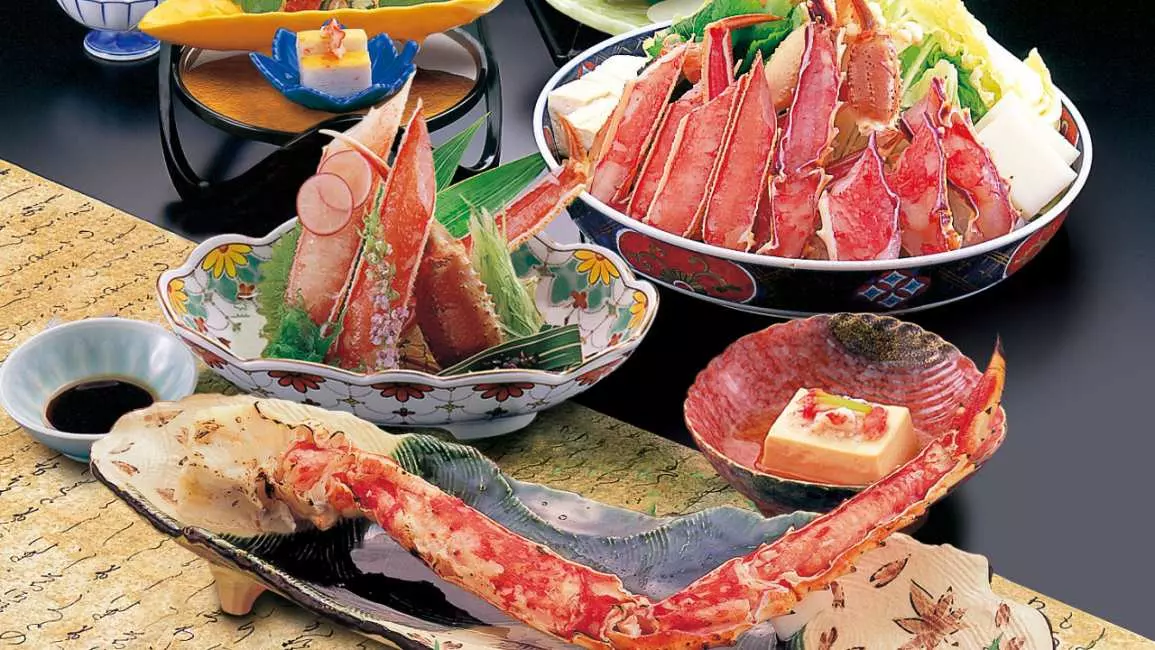Most chefs cherish a memory of the moment that inspired their culinary career. Perhaps they loved picking vegetables in the garden or baking cakes with a benevolent grandmother.
For Mark Donald, head chef at The Glenturret Lalique distillery, his decision to enter a professional kitchen was a little less romantic – but fitting, nonetheless.
View this post on Instagram
“I needed booze money,” he tells me with a chuckle over video call from the restaurant’s glamorous dining room. “You know when you get to that age in high school and people start having parties and your parents don’t want to give you money?”
Keen to earn some cash, the Scottish chef got a job as a teenager washing dishes at his local pub – the Tickled Trout in Milngavie. “The chefs used to go out back for a smoke and I would call them back when a check came in to start cooking,” he says. “And then, one day, I stopped calling them and started having a go myself…”
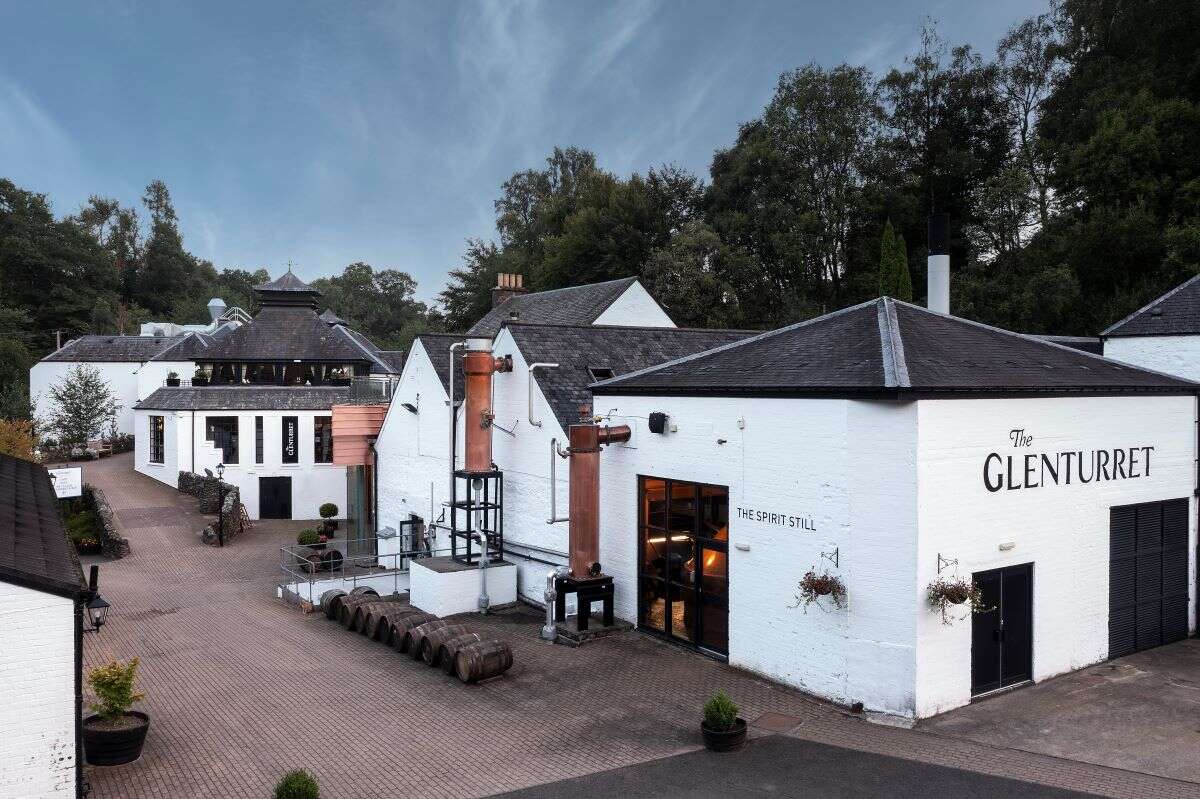
Today, the 37-year-old helms the kitchen at Scotland’s oldest working whisky distillery on the banks of the River Turret in Crieff. Set in the depths of the Perthshire countryside, the location alone is a chef’s dream; Donald turns his camera to reveal a forest, steps from the back door, where the team forage for wild garlic and mushrooms (“when it’s not pissing it down with rain!”)
The restaurant, which is owned by French crystal maker Lalique, welcomed its first guests back in 2021, and, within seven months of opening, became the planet’s first distillery to win a coveted Michelin star.
Donald certainly hasn’t shied away from hard graft to get here. “I’ve worked in some fucking hell holes with some really difficult people,” he says. “I could have retired twice by now… but it’s quite addictive.”
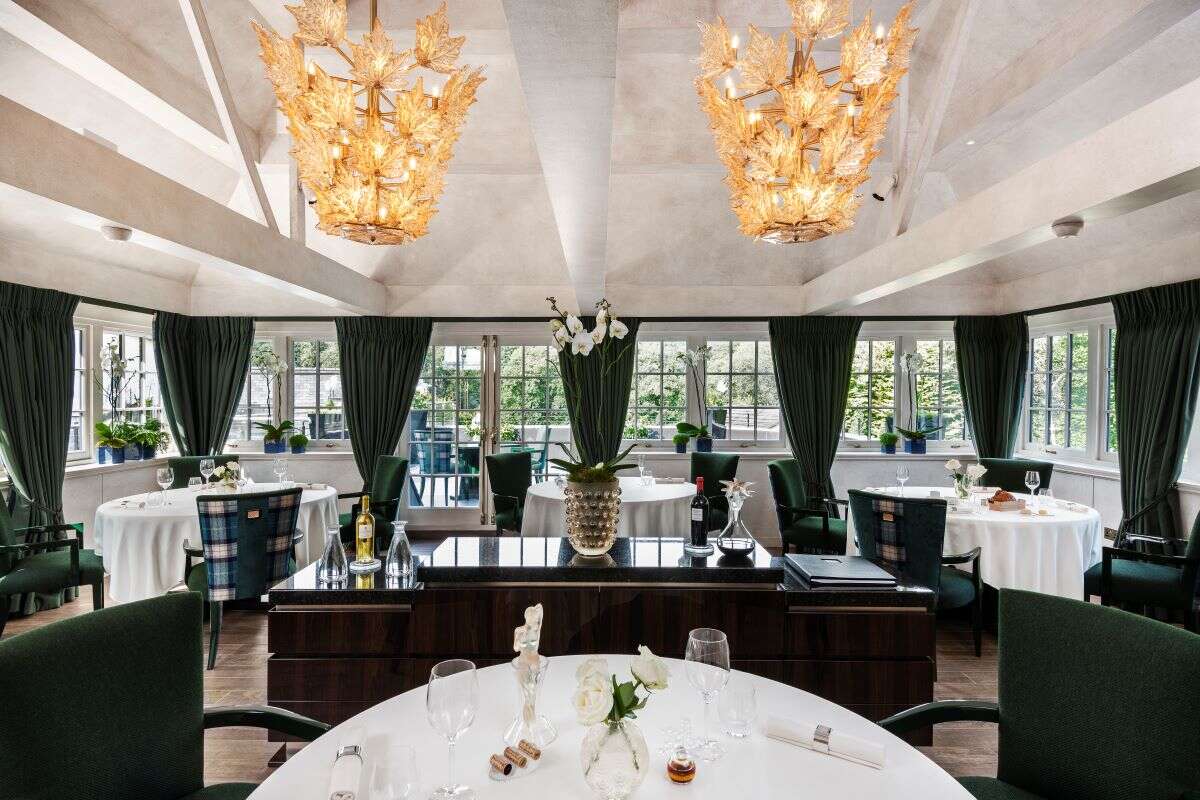
After a stint at Stravaigin in Glasgow, the ambitious chef quit his job and moved to Copenhagen for a five-month stage at René Redzepi’s revered Danish eatery, Noma. It was, he says, “a completely different world”, and an eye-opening experience to cut his teeth at one of the planet’s top restaurants.
On his return to the UK, he secured a position at the two Michelin-starred Restaurant Andrew Fairlie at Gleneagles before moving down to London to work alongside Claude Bosi at Hibiscus in Mayfair.
Punishingly early starts and late finishes were the least of his worries. “We churned through a lot of chefs [at Hibiscus],” says Donald. “It wasn’t for the faint-hearted. Even in London, you’d tell someone where you worked, and they’d be like ‘Oh fuck…’ Some people just aren’t cut out for it.”
Did he ever feel like giving up? “Every day,” he says with a wry smile. “But I think if you can work somewhere as intense as that it puts you in good stead for not just managing a kitchen but being really resilient and taking stuff on the chin.”
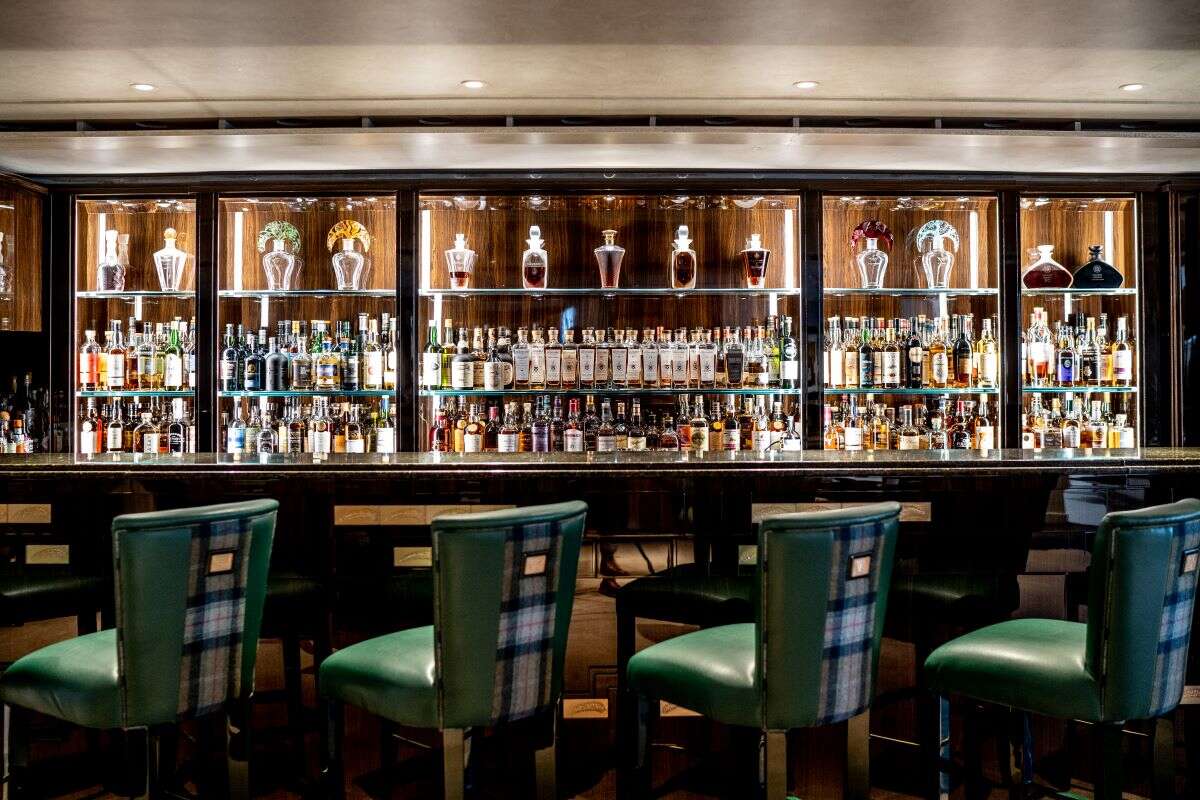
I ask whether he’s welcomed the recent shift towards a better work/life balance for chefs. Donald pauses, proceeding with caution. “Erm, yes I have…” he stops again, weighing up his answer. “Yes and no. I think there are a lot of younger chefs who aren’t going to have the same intensity of training. I don’t advocate instilling fear into people to make them better, but I do think fewer mistakes are made because if you mess up, you’re going to know about it…”
He admits that on leaving Hibiscus he was fiercer in the kitchen than before but insists “I was never a horrible person… I just knew how to get results.”
A relocation to Sydney to take over as head chef at fine dining restaurant Bentley gave him a chance to rethink. “It’s a different way of life over there,” he tells me candidly. “I couldn’t be like that anymore. I didn’t want to be. I had to dial it down and I’m glad I did because it’s not in my nature.”
Four years later, he returned to Scotland to helm the kitchen at Number One at The Balmoral hotel in Edinburgh, retaining the eatery’s Michelin star the following year, and, in 2021, Donald moved to Crieff to start building his team for an exciting project at The Glenturret distillery.
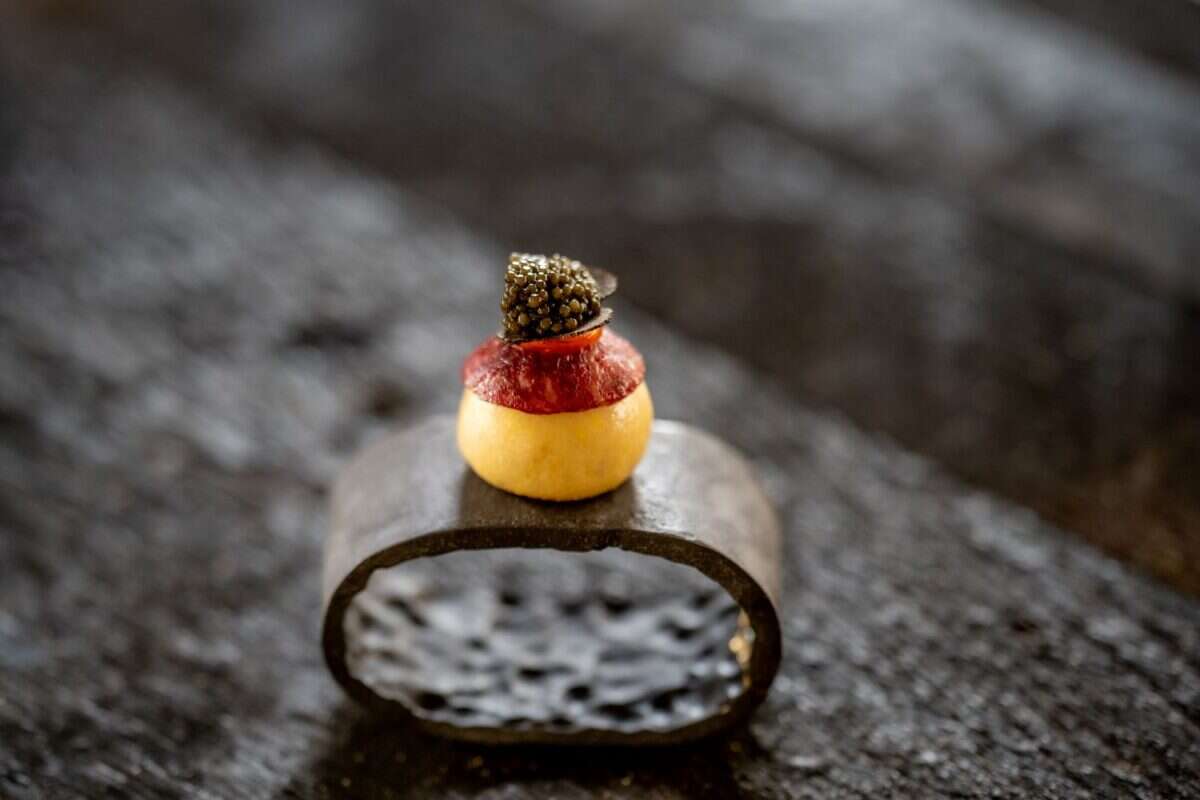
When he arrived, the restaurant was a building site. But he relished the chance to put his stamp on something completely new in such a unique setting.
His approach to cooking is playful and inventive. Sometimes, he tells me, an idea will come to him in the spur of the moment, other times he’ll painstakingly build a plate of food around a particular color or memory.
Many of his most popular dishes are rooted in traditional Scottish recipes. “We often take something you’d have as a kid and pimp it up,” he explains. “So at the moment we have the tattie scone which is a really cheap breakfast item everyone eats in Scotland but we do it as a bao bun.”
Naturally, whisky is peppered throughout the menu. One of his signature plates on the tasting menu is lobster three ways: a hot lobster toddy made from crushed lobster heads mixed with all the ingredients of the classic alcoholic drink you would expect including ginger, cloves, black pepper, and a healthy glug of whisky; a toasted knuckle sandwich filled with the claw meat; and a barbequed lobster tail.
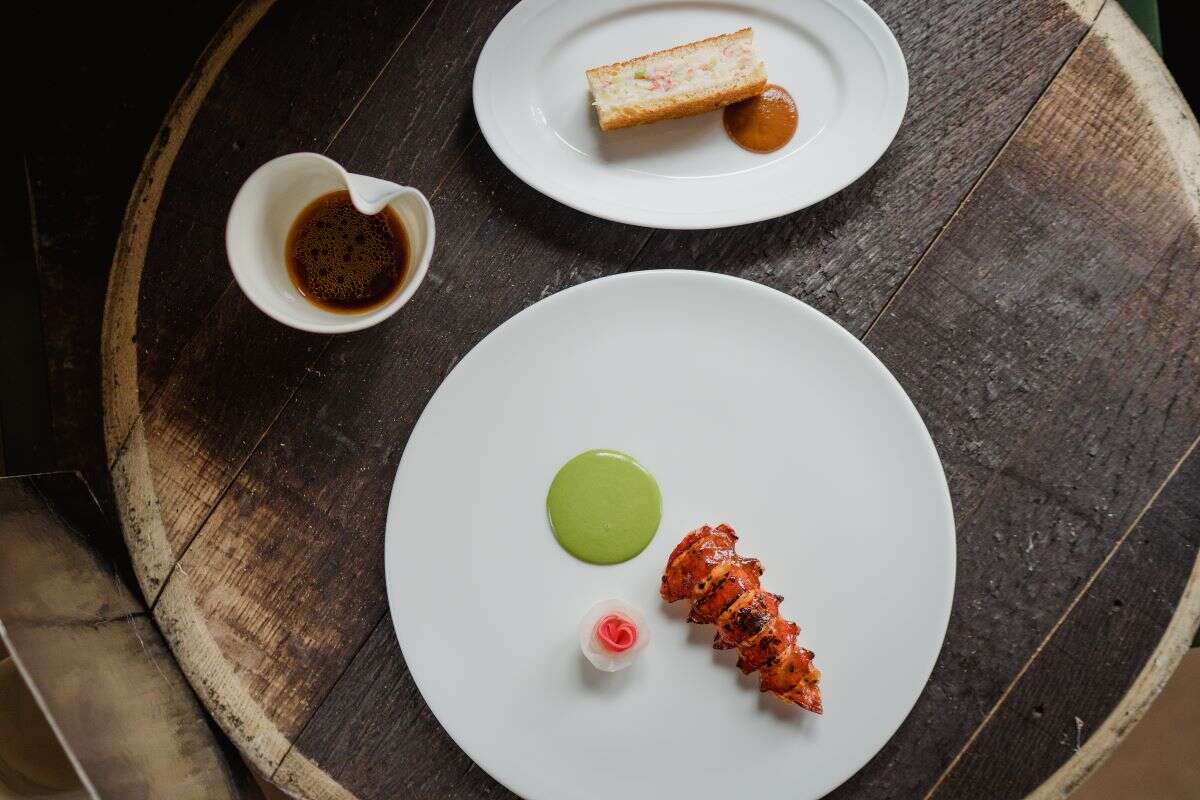
He’s been careful to ensure the menu appeals to everyone – not just those with a penchant for Scotch. “I have to be a realist: not everyone likes whisky,” he says. “I’m a bit more subtle with it… the same barley we use to make the whisky, we use to make the bread. There are nuances of peat smoking throughout the menu, but it’s done in a gentler way so as not to overwhelm the palette.”
Winning a star so soon after opening has certainly buoyed his confidence but he cautions against getting caught up in the Michelin madness. “I think it’s a wicked game chefs are thrown into,” he reflects. “Once you’re in [the guide] there’s a huge amount of pressure. I’ve worked in places that are like ‘Michelin, Michelin, Michelin’ and it’s a really toxic path to wander down. It’s too much to put people through, so I don’t talk about it a lot.”
I ask whether he has his sights on a second star (“Yes, obviously”). For now, though, Donald seems to be content exactly where he is.
“We opened a restaurant in a distillery when a lot of people were like ‘What the fuck are they doing?’” he grins. “It’s great to be making some noise, especially cooking in Scotland where everyone just thinks we deep fry everything. We’ve got so much more to give and a lot for people to discover. It’s a very special place.”
theglenturretrestaurant.com

